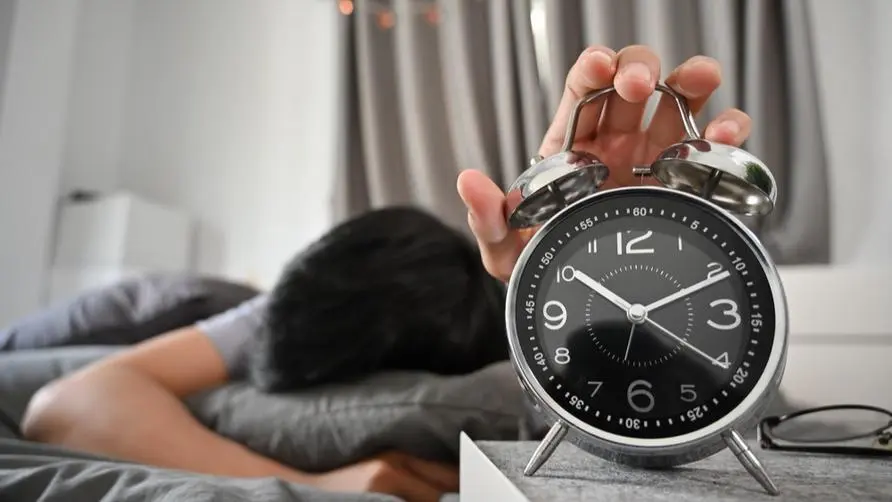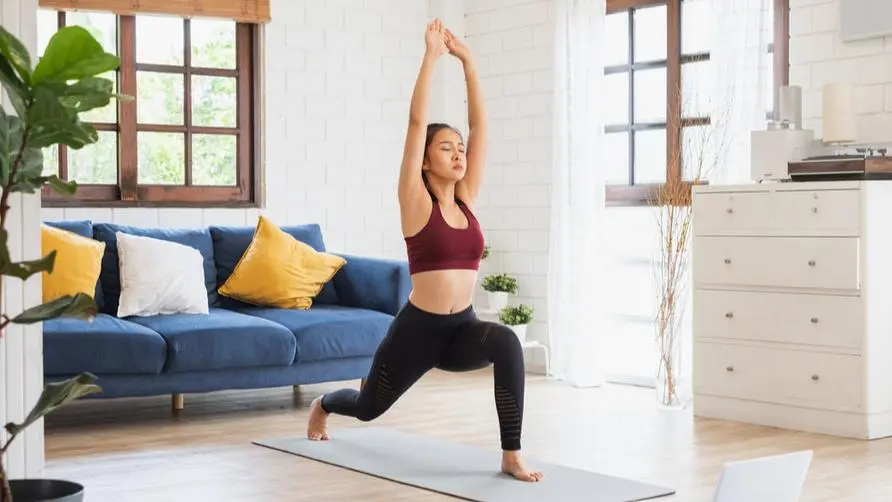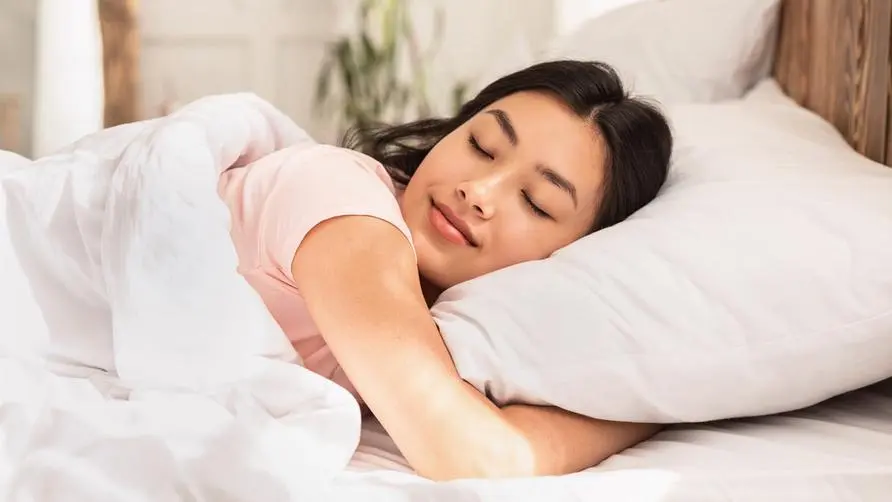Can't get up in winter? Medical warning: Setting up a row of "bed alarm clocks" may lead to brain fog and worsening of chronic diseases

Research: Young people generally rely on alarm clocks to wake up. Women’s “bed-sleeping rate” is 50% higher than men’s
Many office workers or students are afraid of being late for morning work or classes, so they set multiple alarm clocks on their mobile phones to avoid oversleeping. However, if you reluctantly get up after the alarm clock rings two or three times, in fact, it will only become “more tired the more you sleep”? Dr. Huang Xuan, an expert in critical care medicine, shared a study on social media, pointing out that relying too much on the alarm clock to wake up can easily affect your energy throughout the day and lead to fatigue.
A research team from the University of Notre Dame in the United States investigated the sleep status of 450 full-time office workers. The results showed that more than 20% of the subjects used their mobile phones to set more than one alarm clock; 57% of the subjects were actually disturbed by the alarm clock. Woke up 2 times. In addition, women are 50% more likely to be awakened more than twice than men, while night owls and young people who often stay up late are more likely to be awakened more than twice by the alarm clock.
On average, this group of subjects stayed in bed for about 26.93 minutes before getting up. According to the research results, those who stayed in bed because they set multiple alarm clocks were often under high pressure at work that day, unable to relax, and were even more likely to be tired. , lack of attention. Dr. Huang Xuan believes that the setting of the alarm clock “fragments” sleep. In fact, it is depriving oneself of sleep duration and may damage one’s mental state.
Setting an alarm clock can easily lead to “fragmented” sleep. Medical warning: It may cause “two major negative effects”
“Falling back to sleep after the alarm goes off, and being woken up again before entering a deep sleep state. This will only make your mind more groggy when you wake up!” Dr. Huang Xuan said, do not ignore the impact of setting alarm clocks on sleep. hazards. In fact, daily sleep patterns or biological clocks are disrupted, which is harmful to physical and mental health in the long term and may lead to the following effects:
Lack of attention. It is a common sequela of disturbed sleep. Especially if you are woken up by the alarm clock for a long time, it means that the human body cannot complete a sleep cycle, which may further affect your mood and normal working status, and even cause a “brain fog”-like situation in daily life, making you more likely to feel tired than others.
Chronic diseases worsen. If patients with chronic diseases (such as hypertension, cardiovascular disease, diabetes, high blood pressure, etc.) have their sleep disturbed by alarm clocks for a long time, their blood pressure, heart rate and adrenaline will rise sharply. Repeated stimulation will put pressure on the cardiovascular system and increase hypertension. and a high risk of heart disease complications.
Wake up on time without setting an alarm! Doctors teach you “4 tricks” to help your body wake up naturally
For people who have long relied on alarm clocks to wake up, what methods can they use to wake up their bodies naturally? Dr. Huang Xuan suggests that the following four methods can achieve the purpose of getting up naturally without stimulating the nervous system in the body:
Morning sun rays. You can leave a small gap in the curtains before going to bed at night. When the sun shines into the house in the morning, the light will stimulate the photoreceptor cells on the retina, send a “wake-up signal” to the brain and secrete serotonin. At this time, the body’s metabolic rate will accelerate, and it will “wake up” itself along with the biological clock.
Unnatural light sources. Turn off all lights before going to bed to help secrete melatonin. Before going to bed, you can place a bedside lamp that can set the time and automatically light up when you wake up. Just like sunlight triggers photoreceptor cells, the light from a bedside lamp can also help the body wake up.
Wake up with soft music. If you are used to waking up your body through alarm clocks, it is recommended that you choose “natural sounds” for your mobile phone alarm clock, such as the crisp calls of birds, the sound of running water, etc., which can also wake up the brain through the auditory system. It should be noted that the volume should be kept low and gentle to avoid excessive pressure on the nervous system.
Sleep until you wake up naturally. Dr. Huang Xuan said that waking up naturally is undoubtedly the best way to get up. If you can go to bed early and don’t stay up late, it is not difficult to sleep until you wake up naturally. In addition, by going to bed and getting up at a fixed time every day, you can train your body to achieve a “circadian rhythm” without requiring external assistance to get up.
In general, Dr. Huang Xuan pointed out that many young people are occupied with work during the day and want to have their own private time at night. Therefore, they often use their mobile phones and watch TV shows before going to bed, which in turn harms the quality of sleep and causes them to go to bed late; In winter mornings, we are reluctant to leave the warm bed, so we can only rely on the alarm clock to get up, and then stay in bed. This makes people fall into a vicious cycle of not getting enough sleep in the morning and being unable to sleep at night.
Therefore, Dr. Huang Xuan recommends that in order to improve sleep quality before going to bed, it is best to maintain a quiet bedroom space with low light source illumination, and adjust the bedroom temperature to a temperature suitable for falling asleep. It is recommended to stay away from electronic devices and avoid excessive portions of food before going to bed. Exercising more and being exposed to sunlight during the day can also help improve sleep quality.
Source:
Further reading:





